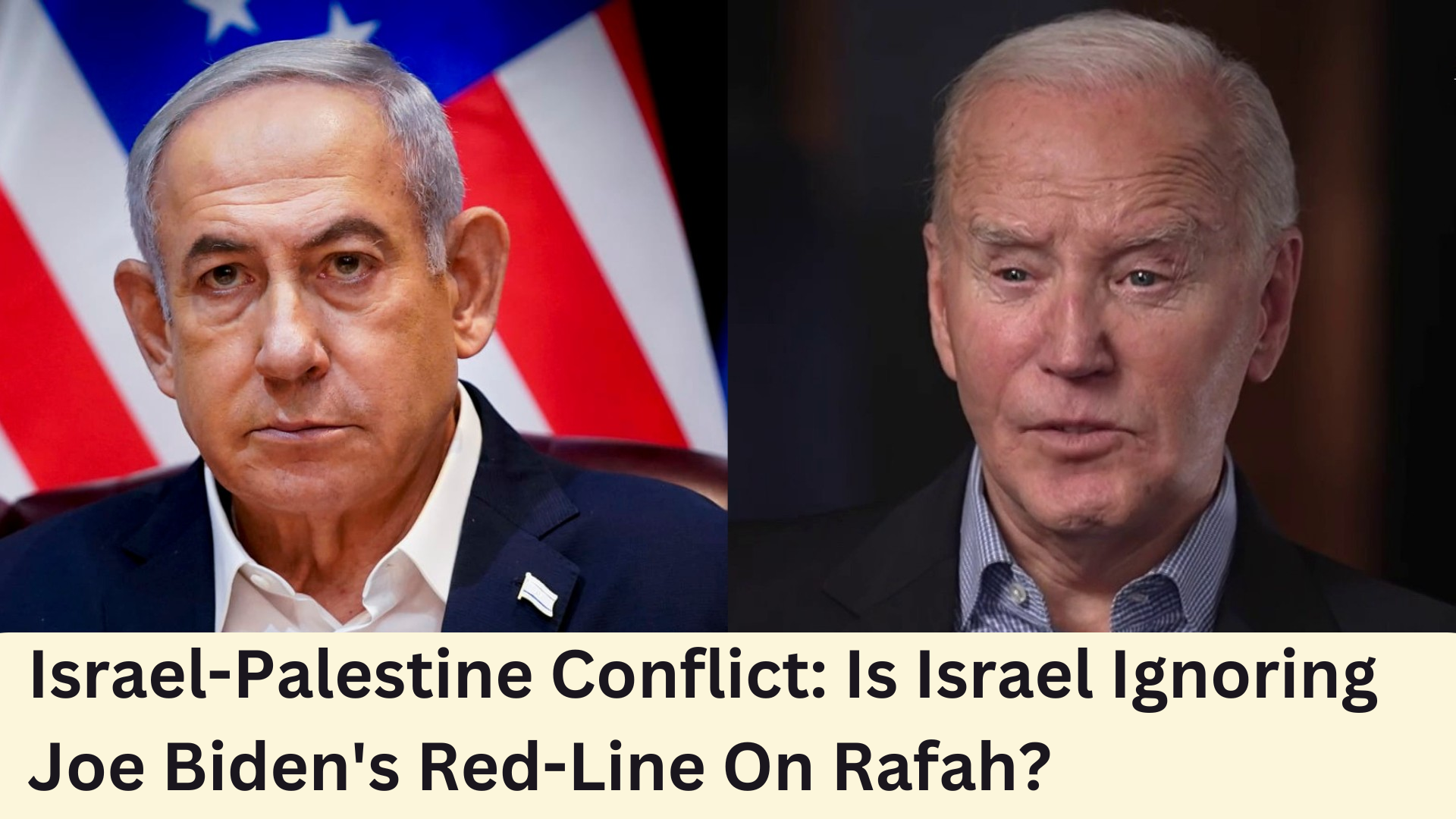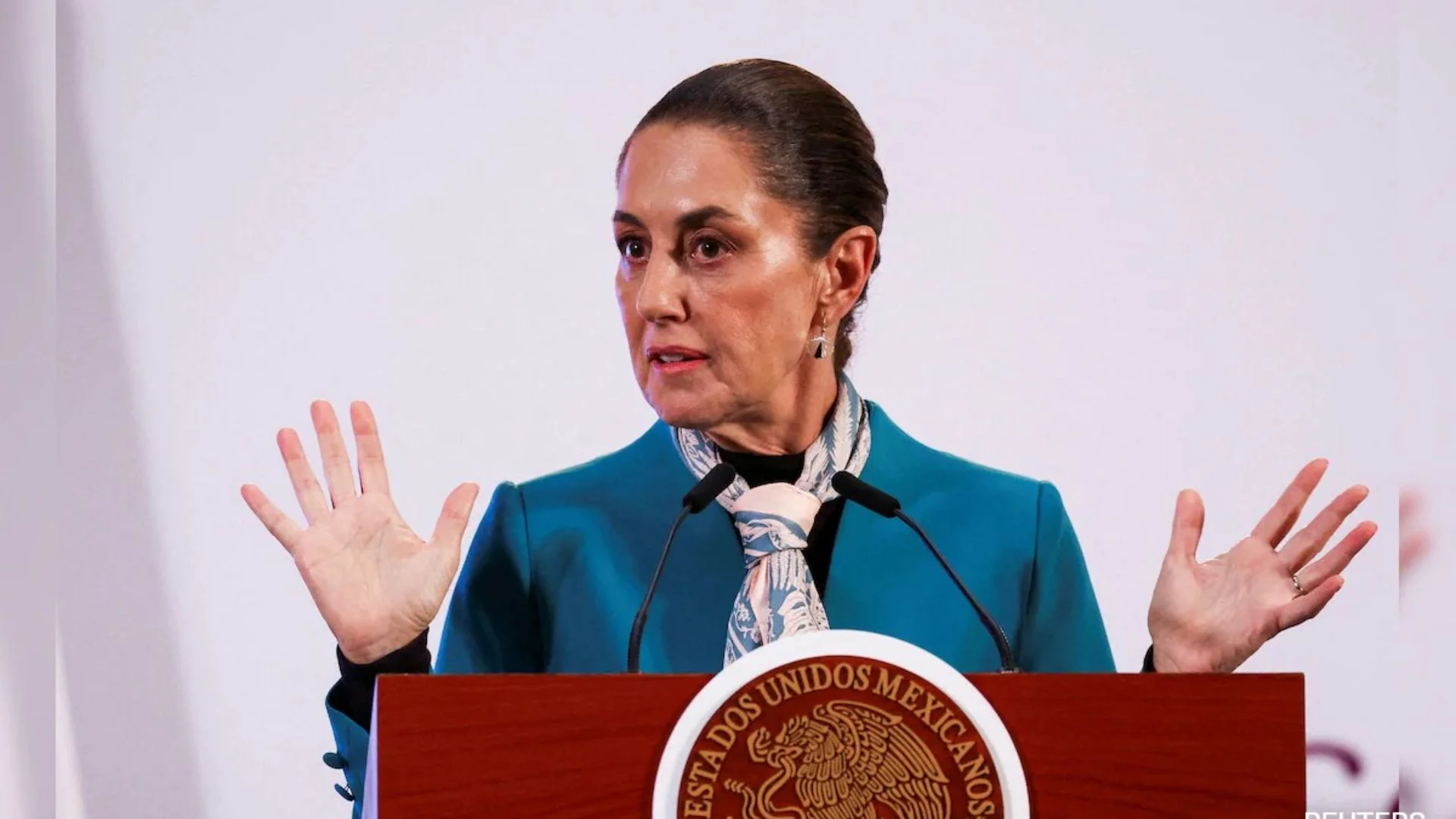Amid escalating tensions in the Israel-Gaza conflict, Israeli forces have launched limited ground assaults and carried out an aerial bombardment in Rafah, where over one million Palestinians, including half a million children, are taking refuge. Despite warnings from the Biden administration against a full-scale ground offensive, Israel appears poised to proceed, marking a potential turning point in the ongoing conflict.
Escalating Crisis in Rafah
The recent military actions in Rafah, including urgent evacuation orders from Israel’s military, have raised alarms internationally. The Biden administration has made it clear that Rafah is a red line, urging Israel to consider civilian safety in its operations. However, Israeli authorities have pressed on, ordering Palestinians to evacuate from Al-Mawasi, a coastal territory in southern Gaza, leading to concerns about humanitarian conditions in the area.
US-Israel Dynamics and Domestic Pressures
The delay of a bomb shipment to Israel by the Biden administration underscores the delicate balance between supporting Israel’s security and addressing domestic and international concerns about civilian casualties. While the US has traditionally been a strong ally of Israel, recent developments, including protests and criticisms from within the Democratic Party, have added complexity to US-Israel relations.
Regional and International Ramifications
The conflict in Gaza has broader implications beyond the immediate humanitarian crisis. The Biden administration is keen on preventing further regional escalation, particularly into Egypt or Lebanon, which could trigger wider conflicts involving Hezbollah and other regional actors.
Challenges in Reducing Escalation
Despite efforts to contain the violence and pressure Israel to exercise restraint, the situation remains volatile. The White House’s cautious approach reflects a balancing act between supporting Israel and addressing international concerns about civilian casualties and humanitarian crises in Gaza.
Diplomatic Efforts
The evolving situation in Rafah underscores the challenges in achieving a lasting ceasefire and addressing the underlying grievances fueling the Israel-Gaza conflict. Diplomatic efforts continue, but the complexities of regional dynamics and domestic pressures in both the US and Israel present significant hurdles to de-escalation and long-term peace in the region.























